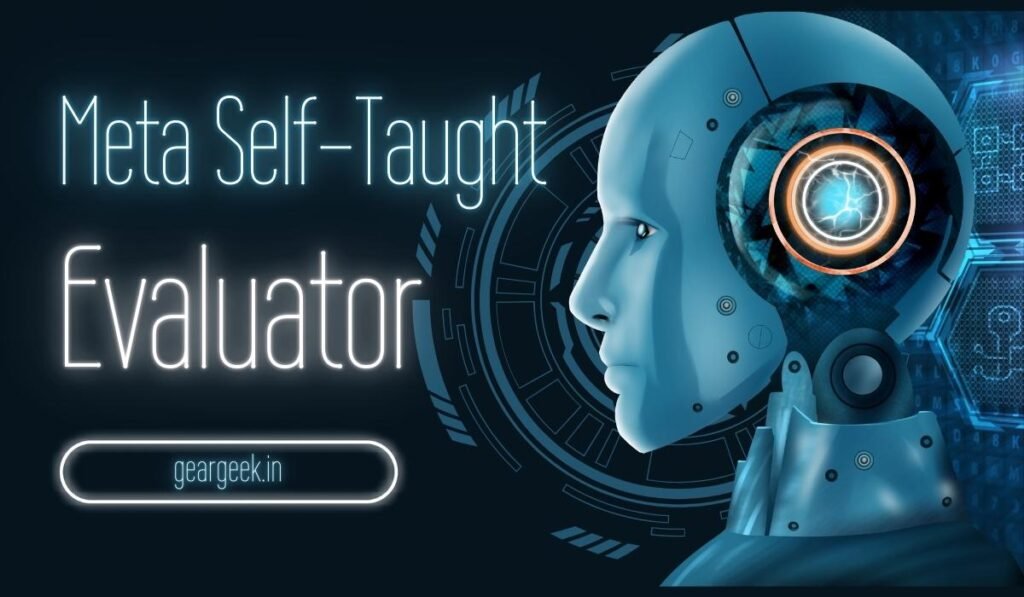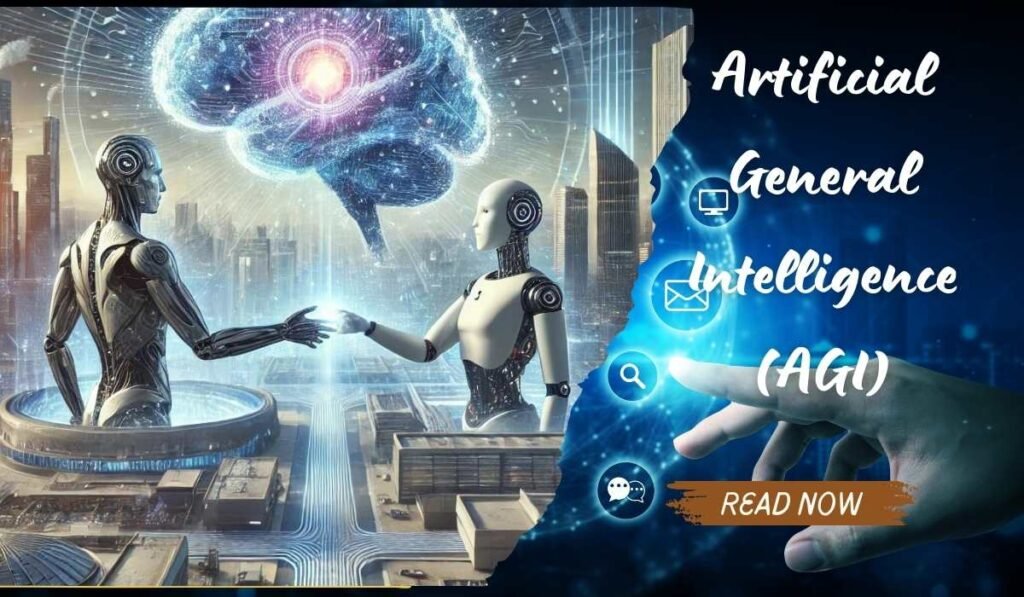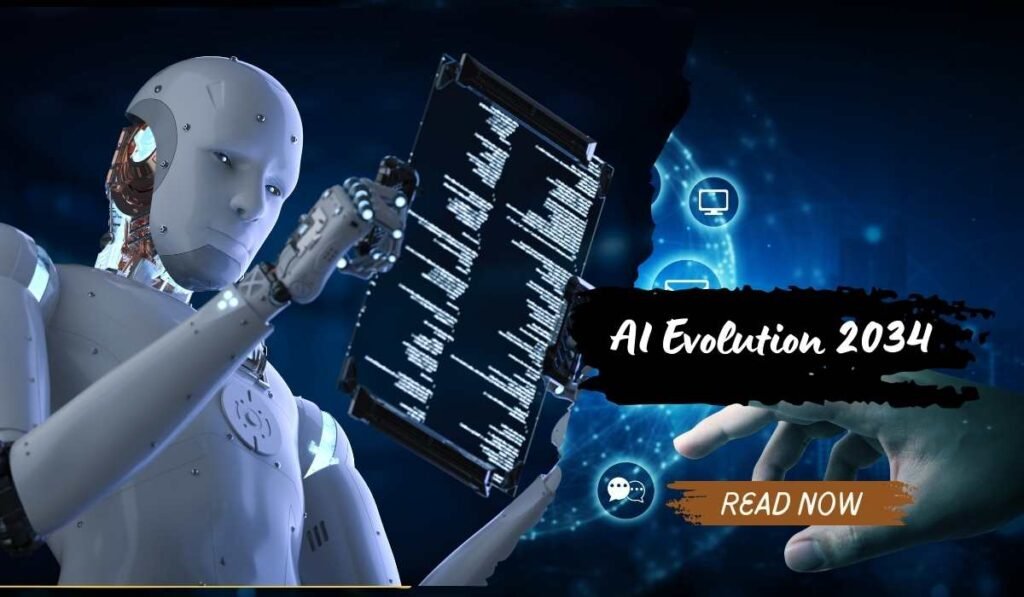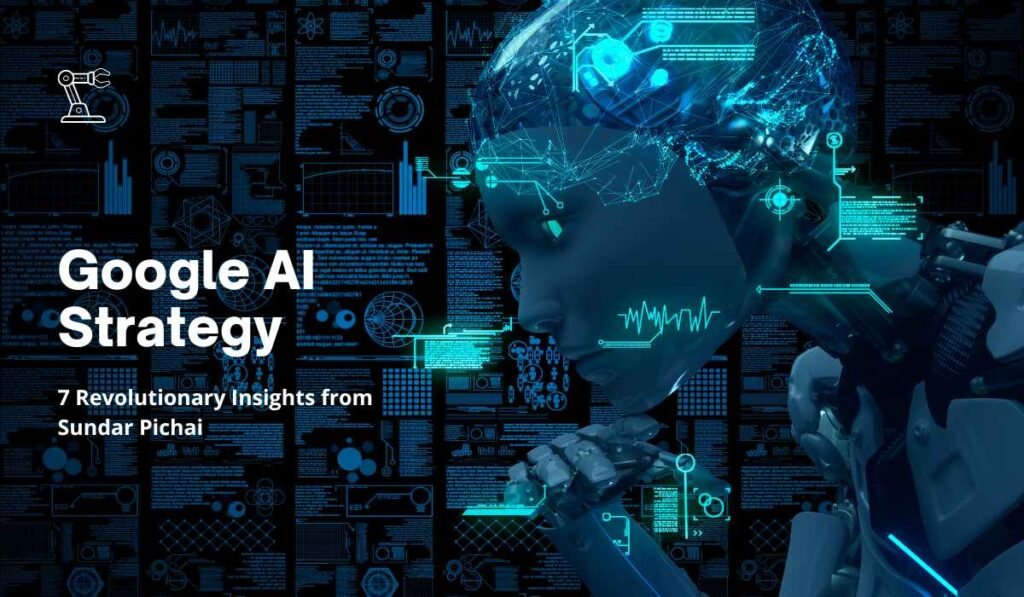Imagine an AI that doesn’t just follow orders but learns, adapts, and improves all by itself. Sounds like science fiction, right? Well, buckle up, because the future is here, and it’s called Meta’s Self-Taught Evaluator. This groundbreaking innovation is turning heads in the tech world, and today we’re diving deep into how it works, why it’s a game-changer, and what it means for the future of technology. Get ready to explore the evolution of AI in coding!
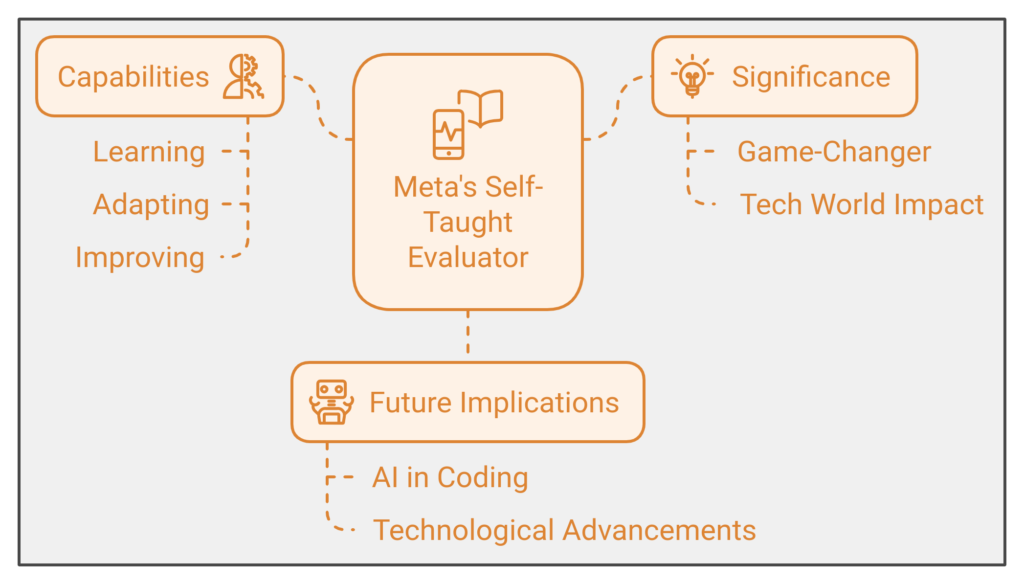
The AI Coding Journey: From Sidekick to Driver
For years, AI has been making waves across industries, from helping doctors diagnose diseases to guiding your online shopping and even suggesting your next Netflix binge. But when it came to coding, AI was mostly playing second fiddle. Tools like GitHub Copilot have been saving developers time and reducing errors, but they’ve always needed a human in the driver’s seat.
Now, imagine flipping the script. What if AI could not just assist, but take the wheel? That’s exactly what Meta’s Self-Taught Evaluator is doing, and it’s shaking up how we think about AI and coding.
Breaking Down Barriers: The Human Evaluation Hurdle
Before we dive into the nitty-gritty of how this revolutionary tech works, let’s talk about a major roadblock that’s been holding AI back: human evaluation. In the not-so-distant past (think last week in tech years), AI models had to be checked and fine-tuned by experts. This meant:
- Slow progress
- High costs
- Potential human bias
Not exactly a recipe for rapid innovation, right? Enter the Self-Taught Evaluator, smashing through these barriers and opening up a world of possibilities.
Meta’s Self-Taught Evaluator: The AI That Grades Its Own Work
So, what’s the big deal with Meta’s Self-Taught Evaluator? Picture an AI that not only writes code but also grades its work, without needing any human feedback. It’s like a student who teaches themselves, gets better with every test, and doesn’t need a teacher to point out their mistakes. Pretty smart, huh?
Here’s how it works:
- The process starts with a seed language model, already trained to understand human preferences.
- This model dives into a massive pool of human-written instructions.
- From this pool, the evaluator selects instructions and creates two responses: one good, one not-so-great.
- It labels these responses as “chosen” and “rejected”.
- The evaluator then goes through multiple rounds, tweaking its reasoning each time until it gets it right.
- If it nails the reasoning, that example gets added to its training set.
- Over time, this process builds up a robust dataset of what works and what doesn’t.
- The AI then fine-tunes itself based on this new data, getting smarter with each pass.
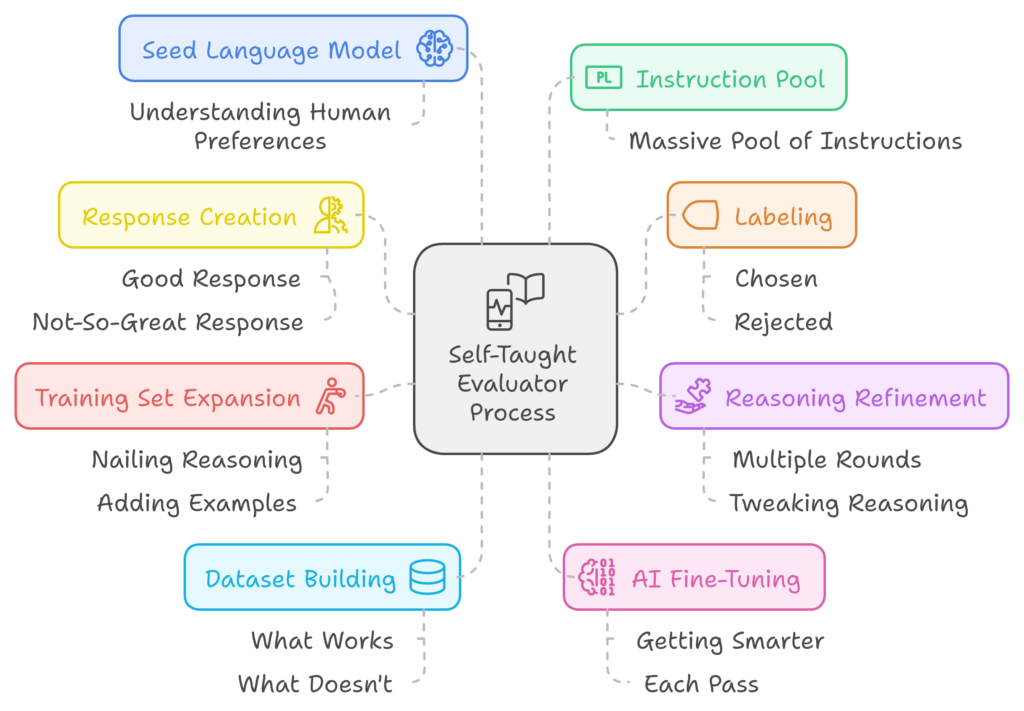
The coolest part? The AI is learning from its mistakes, just like we do. But unlike us, it doesn’t need sleep, coffee, or breaks. It just keeps getting better, faster.
Impressive Results: The Numbers Don’t Lie
Now, you might be wondering, “Does this actually work?” Well, the results speak for themselves. Meta’s team put their Self-Taught Evaluator through its paces with the Llama 70B Instruct model, and the outcomes were nothing short of impressive:
- Using the Reward Bench benchmark, the accuracy of the base model skyrocketed from 75.4% to 88.7% after just 5 rounds of self-teaching.
- All of this was achieved without any human input – no annotations, no expert tweaking, just the AI doing its thing.
- The evaluator also crushed it on the MTBench benchmark, which tests the ability to handle multi-turn conversations.
- In some cases, this self-taught AI even outperformed models that were trained with human help!
Why This is a Big Deal: Speed, Smarts, and Savings
So, why should you care about all this tech talk? Here’s why Meta’s Self-Taught Evaluator is such a game-changer:
- Speed: It accelerates the entire AI development process. Companies can roll out new applications faster because they don’t need a team of experts to handhold the AI.
- Cost-Effective: Without the need for constant human oversight, development costs plummet.
- Adaptability: The AI can quickly adapt to new tasks and challenges, making it more versatile than traditional models.
- Continuous Improvement: It’s always learning from its experiences, getting smarter over time.
- Real-Time Learning: This opens up new possibilities for AI applications that require on-the-fly adaptation, crucial for industries like finance, healthcare, and entertainment.
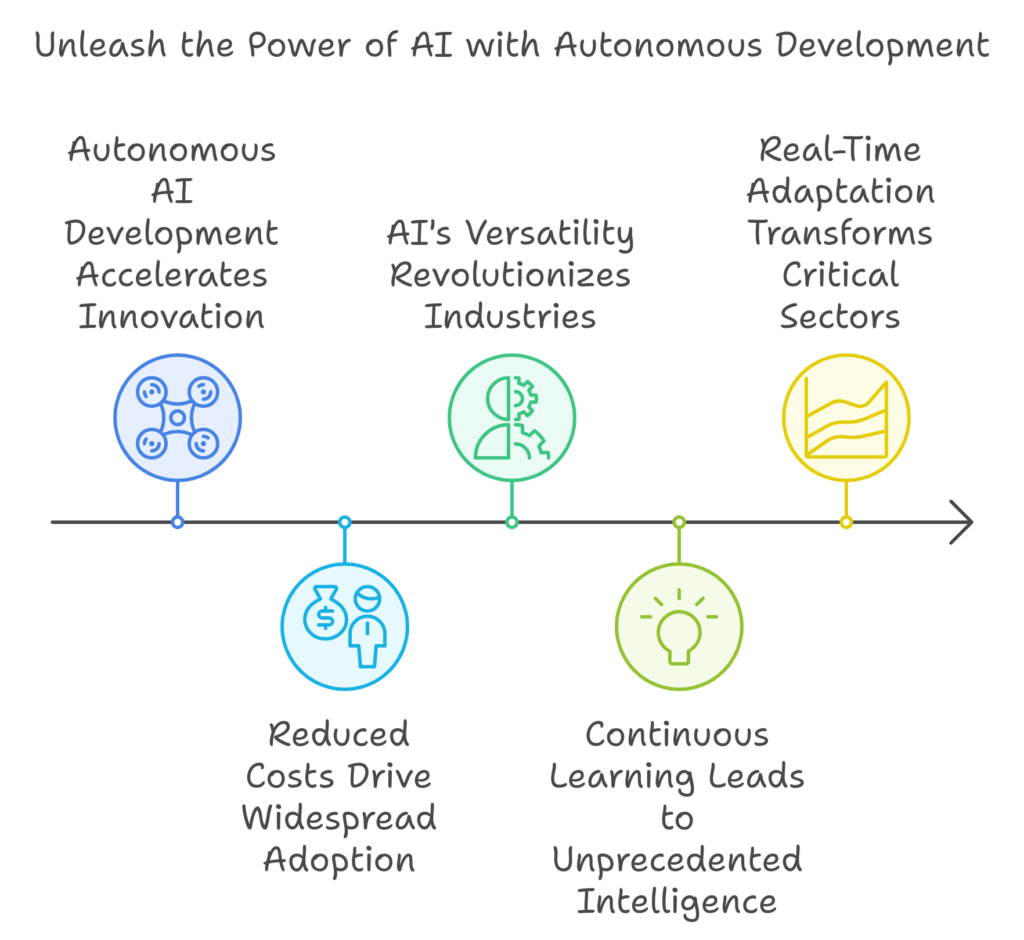
Business Impact: A New Era of AI Integration
Let’s talk real-world impact. This isn’t just tech hype; it has serious implications for businesses everywhere:
- No More Data Labeling Headaches: Companies can now use their own unlabeled data to train AI models, saving time and money.
- Faster Rollouts: With the AI doing most of the heavy lifting, businesses can implement new solutions much quicker.
- Scalability: Whether you’re in retail, healthcare, finance, or tech, this AI can be fine-tuned to meet your specific needs.
- Innovation Boost: As businesses won’t be constrained by traditional AI development cycles, we could see more innovative applications hitting the market.
Imagine having a super-smart intern that can do anything, from analyzing customer sentiment to optimizing supply chains, without needing constant supervision. That’s the power of the Self-Taught Evaluator.
Challenges and Considerations: Not All Smooth Sailing
While this technology is amazing, it’s not without its challenges:
- The quality of the initial seed model is crucial. A poor starting point could lead to an AI that’s great at tests but flunks in the real world.
- Some human oversight is still necessary to ensure the AI stays on track.
- There’s a risk of overfitting to benchmarks, which may not translate to real-world performance.
It’s important to balance automated evaluation with manual checks to ensure your AI is robust and reliable in practice.
The Future of AI and Coding: A Brave New World
As we look to the future, the possibilities are mind-boggling:
- AI systems that are more adaptable and creative than ever before
- Smarter chatbots and virtual assistants that truly understand context
- Autonomous systems that can learn and adapt in real-time
- AI taking on challenges that currently require human creativity and ingenuity
We’re entering a new era where AI can evolve on its own, pushing the boundaries of what’s possible. But as we move forward, it’s crucial to ensure that these powerful AI systems are developed and deployed responsibly, with consideration for their impact on society.
Don’t Miss Out: Be Part of the AI Revolution
And there you have it – the lowdown on how Meta’s Self-Taught Evaluator is changing the game in AI and coding. The future of AI is unfolding right before our eyes, and you won’t want to miss a single moment of it.
What are your thoughts on this AI revolution? How do you think it will impact the tech industry and beyond? Share your views in the comments below!
If you’re as excited about the future of AI as we are, make sure to like this article, share it with your tech-savvy friends, and subscribe for more mind-blowing tech updates. Stay tuned, because this is just the beginning of an incredible journey into the world of self-evolving AI!
Meta's Self-Taught Evaluator is an AI innovation that learns, adapts, and improves on its own, allowing it to write and grade its own code without needing human feedback.
It starts with a pre-trained language model, selects and creates responses from human-written instructions, and undergoes multiple rounds of self-evaluation to refine its reasoning and build a robust dataset.
It accelerates development speed, reduces costs by eliminating the need for constant human oversight, enhances adaptability to new tasks, and ensures continuous improvement through real-time learning.
In tests, the accuracy of the base model increased from 75.4% to 88.7% after five rounds of self-teaching, outperforming some models that received human assistance.
It allows companies to use their unlabeled data for training, facilitates faster application rollouts, enhances scalability, and promotes innovation without traditional AI development constraints.
Challenges include ensuring the quality of the initial seed model, the need for some human oversight, and the risk of overfitting to benchmarks that may not reflect real-world performance.
It continuously learns from its experiences, allowing it to quickly adapt to new tasks and challenges, which is crucial for applications in fast-paced industries like finance and healthcare.
The future may include more adaptable and creative AI systems, smarter chatbots, autonomous systems that learn in real-time, and AI tackling challenges that currently require human ingenuity.
Some human oversight is important to ensure the AI remains on track, prevents overfitting, and maintains robustness and reliability in practical applications.
You can follow tech news, subscribe to relevant publications, and engage with communities interested in AI to stay informed about the latest developments and innovations.

